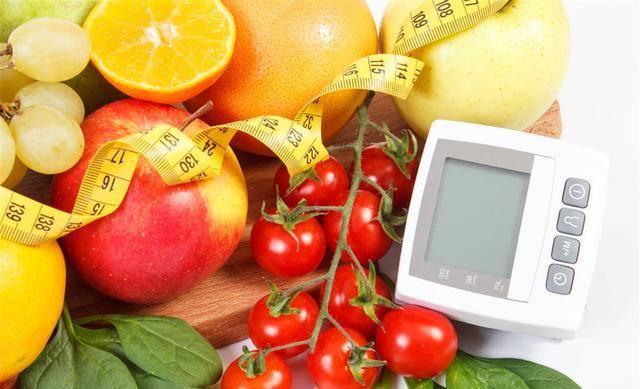Hypertension, as a chronic disease with a high incidence rate, has a significant impact on the human body. The incidence rate of this disease is gradually increasing and is associated with many unhealthy lifestyle habits, especially improper dietary practices. Consuming foods that are not conducive to stable blood pressure control during the dieting process may increase the risk of developing hypertension.
During the process of blood pressure fluctuations, blood vessels are damaged, vital organ functions decline, and there is a noticeable feeling of discomfort. Therefore, it is necessary to adopt some good practices to maintain stable blood pressure. What are the unhealthy lifestyle habits related to the increased incidence of hypertension?
1. Alcohol Consumption
The increased incidence of hypertension is related to alcohol consumption during the dietary process. Many people indulge in alcohol, consuming large quantities of alcohol during meals. Excessive alcohol intake can stimulate blood vessels, leading to a significant increase in blood pressure, which is detrimental to vascular health.
If you want to control your blood pressure effectively, you should avoid alcohol consumption during meals. By abstaining from alcohol, you can maintain a healthy body. Otherwise, frequent excessive alcohol consumption increases the body’s burden, raises vascular pressure, and may lead to hypertension and bodily harm.
2. Excessive Intake of High-Fat Foods
Many people do not limit the intake of fat substances during meals. Long-term excessive consumption of high-fat foods can also be a factor in triggering hypertension. Excessive intake of fat substances primarily leads to obesity, as the excess fat in the body may cause weight gain. In cases of severe obesity, the body can be affected, with a primary feature being a loss of blood pressure control, along with the occurrence of high blood lipids.
Therefore, to maintain stable blood pressure, the intake of fat substances should be limited. Although fats are essential nutrients, excessive intake should be avoided to control body weight and maintain stable blood pressure.
3. High-Salt Diet
Unhealthy dietary habits are detrimental to hypertension prevention. Consuming high-salt foods in abundance during meals can also increase the risk of developing hypertension. High-salt foods contain a large amount of salt content, and excessive intake can burden the kidneys in excreting sodium ions, leading to an increase in blood pressure.
If you have such unhealthy lifestyle habits, they should be corrected promptly. Individuals with high blood pressure should not consume more than five grams of salt per day, while for normal individuals, the daily salt intake should be limited to less than six grams. By strictly limiting the intake of sodium salt through these correct dietary practices, uncontrolled hypertension can be prevented.
4. Confectionery Eating
The high incidence of hypertension is related to the excessive consumption of high-sugar foods during meals. High-sugar foods have high calories and can raise blood sugar levels, leading to obesity and unstable weight control. Under the influence of severe obesity, the incidence of certain diseases may increase, making high blood pressure out of control for some individuals. Therefore, to maintain normal blood pressure stably, the key is to control the intake of sugars and avoid prolonged consumption of high-sugar foods.


